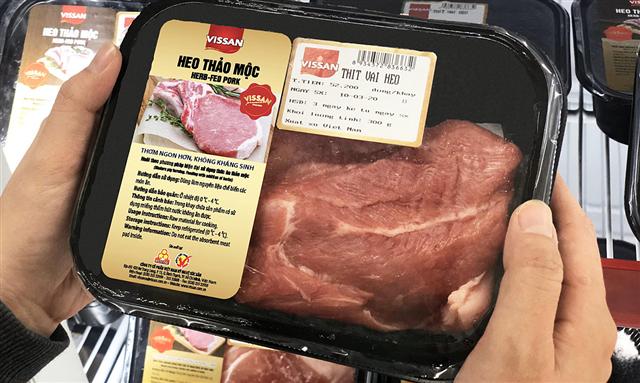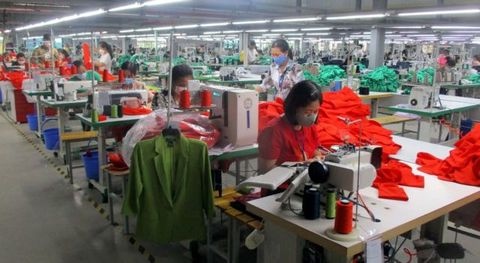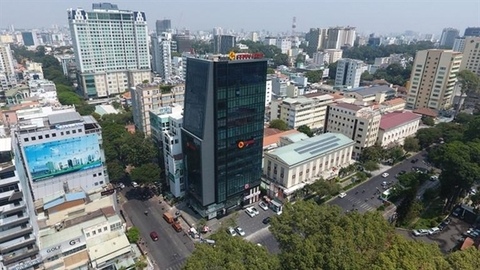MWG’s Cambodian strategy to feature BigPhone expansion
MWG’s Cambodian strategy to feature BigPhone expansion
Mobile World Group (MWG) plans for long-term business with a series of BigPhone stores in Cambodia, which is a potential market with 16 million people, 96 per cent of whom are using mobile phones.
MWG has just announced that in addition to its four existing stores in Cambodia, six new BigPhone units will be opened in the first half of 2018 in Phnom Penh.
There is a staff of about nine for each store, based on an area of 150sq.m. The average revenue of each store hit $80,000 per month, 20 per cent lower than the expectations of the company. Mid-range phones at the price of $200-300 apiece are always on the list of the most-consumed items, while premium mobile phones, such as iPhone and Samsung devices, have made significant contributions to the total profit of these stores.
“A large number of secondary mobile phones like Mobiistar are bought but the profit on them is not much,” said Ho Viet Dong, BigPhone’s CEO.
At the end of this year, if each store’s revenue hits $100,000 per month, they will start to generate profit. However, Dong said that BigPhone plans to operate 10 stores in 2018 to measure and improve business indicators and propose an official strategy for the scale and timeframe of investment in Cambodia.
While it was established in the country in October 2016, it was not until June 2017 that MWG launched the first store in Phnom Penh.
“We sell imported items here, but local people do not want to buy items with tax, while we have to export the import documents of the products. It is really a challenge,” said Dong. He also revealed that they spent four months to deal with local providers to secure a supply of particular imported items.
The Cambodian mobile phones and electronics market is currently like the Vietnamese market 15 years ago. Thus, business advantages belong to traditional stores.
Due to the import tax on the items, the average selling price at BigPhone is 10 per cent higher than the market average. BigPhone expects revenue and profit to balance out when the import tax is reduced to 5 per cent this year.
“Before the appearance of MWG in Cambodia, there were only small and scattered stores run by different owners in the market. BigPhone is the largest store chain in Cambodia now,” added Dong.
The organisational structure of BigPhone is rather simple, with members of staff being responsible for various tasks. Nguyen Ba Tin, manager of import and marketing, said that after four months of negotiations with brands, Samsung was the first brand to approve providing all the vouchers that BigPhone requires. At the time, there were four iPhone distributors, but they did not fulfill tax obligations.
“Finally, Apple’s representative in Singapore appointed Falcon as the exclusive distributor in Cambodia. Therefore, the market is gradually becoming united and local people are getting acquainted with tax purchases,” Tin noted.
Although customers in Phnom Penh still buy at traditional stores, 85 per cent of those who have been to BigPhone will return and buy at this shop. Their age ranges from 25 to 40 and they are generally well to do.
BigPhone reports positive growth, however, company representatives confirmed that BigPhone needs more time to familiarise itself with the market. BigPhone will produce profit from 2018, but it will be limited due to tax and rent expenses.
Despite many difficulties and challenges, Tran Kinh Doanh, MWG’s CEO, still considers Cambodia a potential market.









-profit.jpg)
-begins.jpg)












